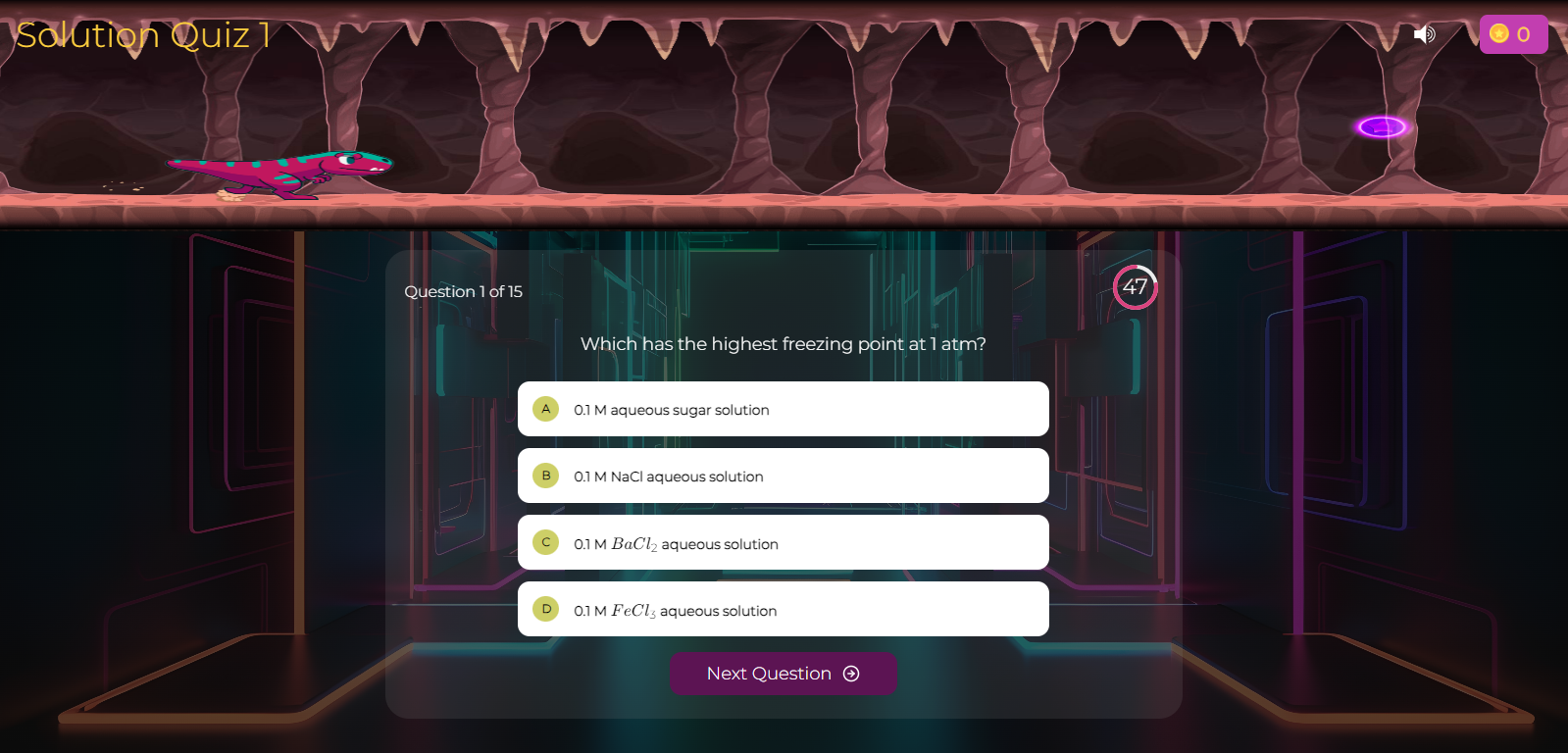
Kinetic Theory of Gases Quiz-3
Popular Questions In Kinetic Theory of Gases Quiz-3
The pressure (P) and density of a given mass of a gas expressed by Boyle’s law P = C where C is a constant. The statement is true
In a given process the pressure of gas remains constant. The temperature of the gas is doubled. The change in volume is
The number of degrees of freedom of molecules in a gas whose molar heat capacity in 29 J/mole K in the process PT = constant will be
An ideal gas is taken through a process in which pressure and volume vary as . What is value of b for which the specific heat capacity in the process is zero?
Air is pumped into an automobile tube upto a pressure of 200 kPa in the morning when the air temperature is . During the day time, temperature rises to and the tube expands by 2% the pressure of the air in the tube now is
For a gas, if the ratio of molar specific heats at constant pressure and volume is , the value of degree of freedom is
A gas is filled in a cylinder and its temperature is increased by 20% on Kelvin scale and volume is reduced by 10% keeping pressure constant. The percentage of the gas that will leak out is
For an ideal gas constant. Initial temperature and volume of the gas are T and V respectively. The gas expands to a volume 27V. The temperature of gas is
The molar-specific heat at constant pressure of an ideal gas is . The ratio of specific heat at constant pressure to that at constant volume is
If one mole of a monoatomic gas is mixed with one mole of a diatomic gas the value of for the mixture is


